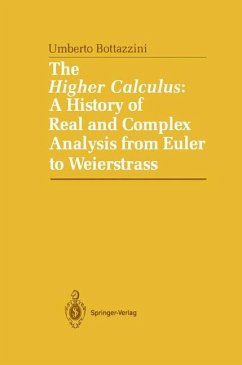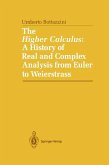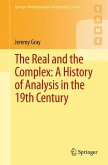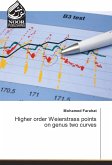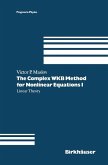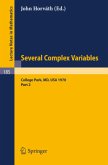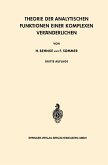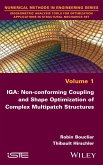"The true method of foreseeing the future of mathematics is to study its history and its actual state." With these words Henri Poincare began his presentation to the Fourth International Congress of Mathematicians at Rome in 1908. Although Poincare himself never actively pursued the history of mathematics, his remarks have given both historians of mathematics and working mathematicians a valuable methodological guideline, not so much for indulging in improbable prophecies about the future state of mathematics, as for finding in history the origins and moti va tions of contemporary theories, and for finding in the present the most fruitful statements of these theories. At the time Poincare spoke, at the beginning of this century, historical research in the various branches of rna thema tics was emerging with distinctive autonomy. In Germany the last volume of Cantor's monumental Vorlesungell iiber die Gesehiehte der Mathematik had just appeared, and many new specialized journals were appearing to complement those already in existence, from Enestrom's Bibliotheea mathematiea to Loria's Bollettino di bibliogra/ia e di storia delle seienze matematiehe. The annual Jahresberiehte of the German Mathematical Society included noteworthy papers of a historical nature, as did the Enzyklopadie der mathematisehen Wissenseha/ten, an imposing work constructed according to the plan of Felix Klein.

